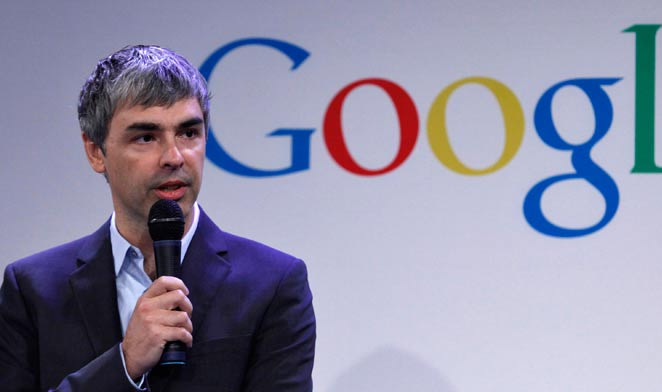Google is not a conventional company. We do not intend to become one.

1/ It's search, stupid
Why did Google succeed and endure in the Internet battlefield when almost all other startups have faded into distant memory?
They had a key insight that almost everyone in the world disagreed with! When everyone thought "search" was done (played out) by Yahoo, Altavista, Lycos, Excite, etc., Google realized that it was very much "early days" in this Megatrend that was at the very core of raison d'être of the Internet.

2/ A is for Alphabet
Larry and Sergey mixes a very long term perspective on the business and infinite creative ways to accomplish their objectives.
Many manager work top down where they look for each department to make their numbers every quarter. Google's long term perspective allowed them to not look at quarterly ups and downs but to approach the world from a long form button-up approach. They are able to focus on areas of technology that are both important and difficult and develop original solutions for those areas.
3/ Let a thousand flowers bloom
Comment
What sets SBIT Solutions apart is not just the work we do but the people we work with. The team is diverse, passionate, and always ready to support one another. It truly feels like a family.

